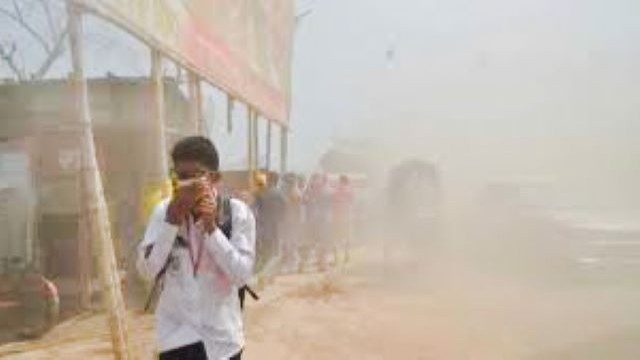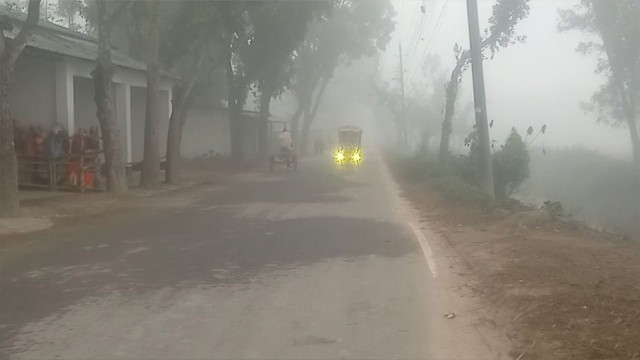At 9:50 a.m. this morning on Tuesday, January 23, Dhaka recorded an Air Quality Index (AQI) of 188, ranking it as the fourth city globally with the most compromised air quality.
The air quality in Dhaka was labelled as "extremely harmful," posing significant health risks to its residents. The main contributors to this elevated AQI include sulphur dioxide, nitrogen dioxide, carbon monoxide, ozone, and fine particles (PM10 and PM2.5).
Dhaka's air quality was categorized as 'unhealthy' by the air quality index, highlighting the persistent air pollution issues the city faces. Typically, the air quality worsens during winter and improves during the monsoon season.
Sarajevo in Bosnia Herzegovina, Kolkata, and Delhi in India claimed the first, second, and third positions on the list, registering AQI scores of 326, 278, and 205, respectively.
When the AQI value for particle pollution falls within the range of 101 to 150, the air is considered 'unhealthy for sensitive groups.' Readings from 150 to 200 indicate 'unhealthy' conditions, while an AQI between 201 and 300 signals 'very unhealthy' air quality. Values exceeding 300 are deemed 'hazardous,' posing severe health risks. Dhaka's air was classified as 'unhealthy,' according to the air quality index.
According to the World Health Organization (WHO), approximately seven million people worldwide die each year due to air pollution, primarily attributed to increased mortality from stroke, heart disease, chronic obstructive pulmonary disease, lung cancer, and acute respiratory infections.































Comment: